SuperEx Crypto Exchange Risk Calculator
Zero KYC Registration
Create an account with just an email address - no ID required.
Self-Custody Wallet
Private keys stored on-device, not on SuperEx servers.
Risk Assessment Parameters
Your Risk Assessment Results
Enter your parameters and click "Calculate My Risk Level" to see your personalized risk assessment.
Risk Level Guide
When you hear "the first Web3.0 crypto exchange trusted by millions," you expect something that blends the best of centralized speed with decentralized freedom. SuperEx is marketed exactly that way - a hybrid platform that promises zero‑KYC onboarding, ultra‑low fees, and a self‑custody wallet that lives outside the exchange. But does it deliver on those claims, and more importantly, is it safe enough to put your hard‑earned crypto in?
TL;DR - Quick Takeaways
- Supports >1,000 coins, multichain Super Wallet for self‑custody.
- Zero‑KYC sign‑up, trading fees start at 0.03% maker / 0.08% taker.
- Hybrid AMM‑order‑book model lets you be a market maker or trader.
- Regulatory red flag: no licence from any top‑tier financial authority.
- Best for tech‑savvy users who value decentralisation over strict compliance.
What SuperEx Claims to Be
SuperEx positions itself as a bridge between the old world of centralized exchanges (CEX) and the new world of decentralized finance (DeFi). Its homepage touts three core promises:
- Zero KYC registration - you can create an account with just an email.
- Low, transparent fees - maker fees as low as 0.03%, taker fees 0.08%.
- Decentralised wallet control - the Super Wallet stores private keys on‑device, not on SuperEx servers.
The platform also runs a DAO governance model. Regional DAOs receive 5% of revenue to fund local projects, and token listings can be submitted for free through the “Free Market” initiative.
How the Platform Actually Works
SuperEx blends two trading engines:
- Automated Market Maker (AMM) - liquidity pools automatically price trades, similar to Uniswap.
- Traditional order‑book - limit orders sit on a book that matches buyers and sellers.
The clever part is that the AMM pools are continuously converted into order‑book depth, meaning users can place limit orders while still benefiting from deep liquidity. If you provide liquidity, you earn a share of transaction fees, effectively becoming a market maker without needing large capital.
Super Wallet - The Decentralised Edge
The Super Wallet is a hierarchical deterministic (HD) wallet that supports Ethereum, Binance Smart Chain, Polygon, and dozens of other EVM‑compatible chains. Its key features:
- Private keys never leave the device - you back them up with a seed phrase.
- Plug‑in edition lets you authorise DeFi, NFT, GameFi, and MetaFi transactions directly from the wallet.
- Integrated DApp Open System gives you a one‑click portal to popular DApps.
Because the wallet is separate from the exchange, you can withdraw your assets at any time, even if SuperEx experiences downtime.
Fees, Liquidity, and Trading Tools
In 2025 reviews, SuperEx’s taker fees hover around 0.08% and maker fees at 0.03% - comparable to mid‑tier CEXs like KuCoin. Liquidity is reported as “high” for top pairs (BTC/USDT, ETH/USDT) but can thin out on obscure altcoins.
Beyond spot trading, the platform offers:
- Staking - earn passive rewards on supported tokens.
- Copy trading - mirror the strategies of top traders.
- Grid trading bots - set price grids and let the bot buy low, sell high automatically.
- Launchpad - participate in IEOs directly from your Super Wallet.
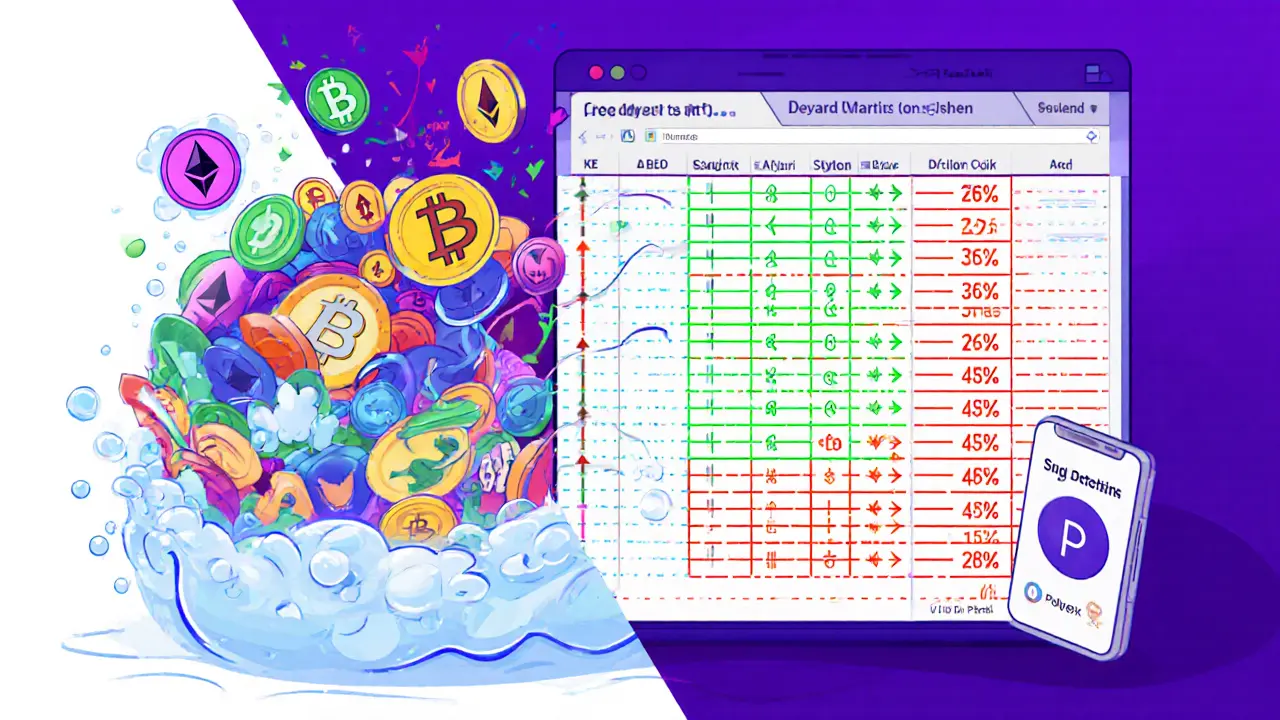
Regulatory Landscape - The Big Red Flag
Despite the flashy marketing, SuperEx lacks any licence from a top‑tier regulator such as the FCA (UK), SEC (US), or ASIC (Australia). BrokerChooser explicitly labels it “not a trusted broker” because it operates without oversight. What does that mean for you?
- No guarantee of fund segregation - if the platform were to go bust, you might not recover your assets.
- Limited legal recourse - jurisdictions that do not recognise the exchange can leave you without a clear path to dispute resolution.
- Higher risk of being targeted by regulatory crackdowns, which could result in service interruptions.
For users who prioritize regulatory protection, the lack of a licence outweighs the convenience of zero KYC.
Comparing SuperEx with a Regulated Rival
| Feature | SuperEx | MEXC |
|---|---|---|
| KYC Requirement | Zero‑KYC (email only) | Standard KYC (ID verification) |
| Supported Coins | 1,000+ (multichain) | 1,985 (across 2,997 markets) |
| Maker / Taker Fees | 0.03% / 0.08% | 0% / 0.05% |
| Regulatory Status | Unregulated | Regulated in multiple jurisdictions |
| Wallet Type | Decentralised Super Wallet (self‑custody) | Custodial exchange wallet |
| DAO Governance | Yes - revenue sharing with regional DAOs | No |
If you need the peace of mind that comes with a regulated environment, MEXC (or a similar exchange) is the safer choice. If you value decentralised control and can tolerate higher regulatory risk, SuperEx’s feature set is compelling.
User Experience - What Traders Say
On the Google Play Store, SuperEx scores around 4.2 stars. Users praise the one‑click buy/sell interface, clear portfolio table, and the ability to view transaction history instantly. However, a few reviewers note occasional lag during peak trading hours and a steep learning curve for the DApp Open System.
A September2025 YouTube review described SuperEx as “one of the fastest‑growing crypto exchanges,” highlighting its zero‑KYC sign‑up and low fees but added the usual disclaimer that the video is for educational purposes only.
Safety Checklist - What to Do Before You Dive In
- Check regulatory coverage: If you’re a UK resident, verify whether FCA guidance permits unregulated platforms.
- Test the Super Wallet: Create a fresh wallet, deposit a small amount, and confirm you can withdraw without issues.
- Assess fee impact: Use the built‑in fee calculator (if available) to see how 0.08% taker fees affect high‑volume trades.
- Read the DAO terms: Understand how regional revenue sharing works and whether you’ll receive any benefits.
- Plan an exit strategy: Keep private keys backed up and know how to move assets to a fully regulated exchange if needed.
Bottom Line - Is SuperEx Worth Your Money?
If you’re a crypto enthusiast who loves experimenting with DeFi, NFT marketplaces, and wants full control of private keys, SuperEx offers a uniquely integrated experience. The hybrid AMM‑order‑book engine, zero‑KYC sign‑up, and the Super Wallet are genuine differentiators.
But the lack of any top‑tier regulatory licence is a serious downside. For investors who cannot afford a total loss, the platform’s innovative features may not outweigh the risk of limited legal recourse. In short, treat SuperEx as a sandbox for advanced users, not a primary vault for large holdings.
Frequently Asked Questions
Is SuperEx really a “Web3 exchange”?
Yes. SuperEx combines a decentralized wallet (Super Wallet) with on‑chain settlement via smart contracts, which aligns it with the Web3 ethos of user‑controlled assets.
Can I trade without providing any ID?
SuperEx allows account creation with just an email address. However, larger withdrawals may trigger optional verification to meet anti‑money‑laundering (AML) thresholds.
How does the Super Wallet differ from a regular exchange wallet?
A regular exchange wallet stores private keys on the platform’s servers, meaning the exchange controls access. The Super Wallet is self‑custodial: you hold the seed phrase, and the keys never leave your device, giving you true ownership of your crypto.
Are my funds protected if SuperEx gets shut down?
Because the Super Wallet is separate, any assets you withdraw to it remain under your control. Funds left on the exchange are at risk, especially since the platform lacks a regulatory safety net.
What are the main disadvantages of using SuperEx?
The biggest drawbacks are the absence of a banking‑grade licence, limited legal recourse, and occasional performance hiccups during high‑traffic periods. For large‑scale traders, these issues can outweigh the low‑fee advantage.


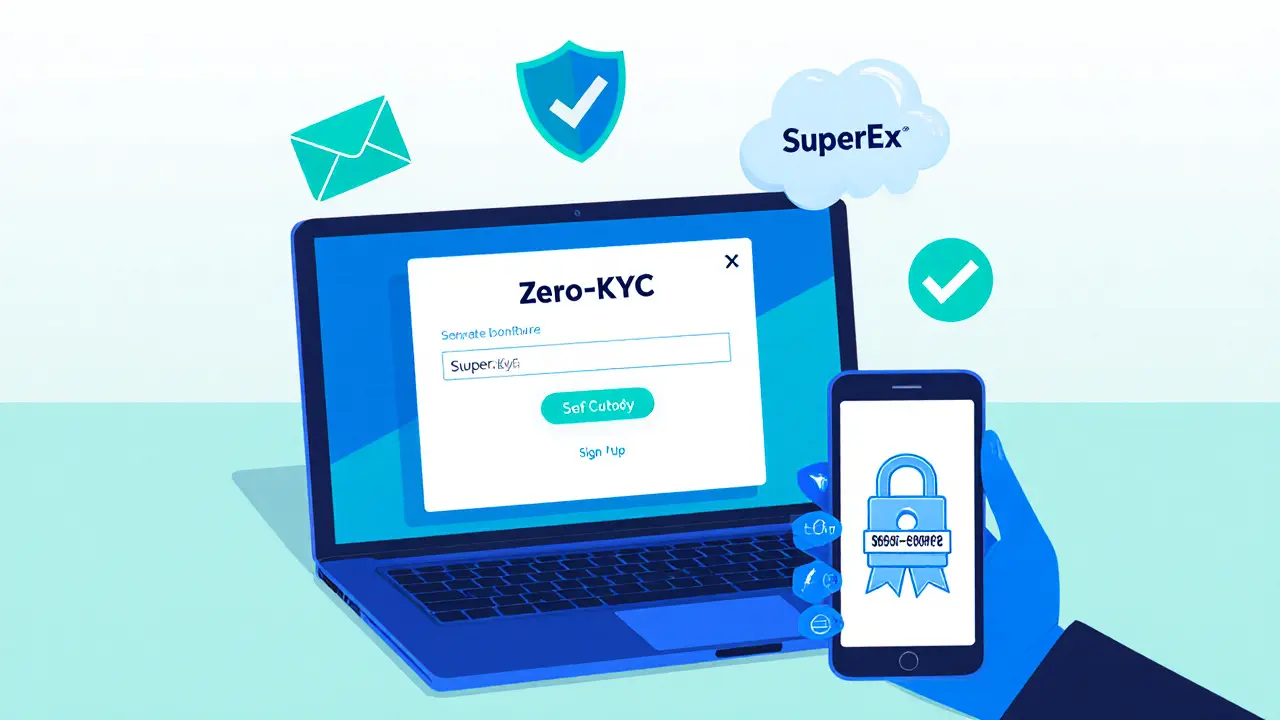
 Finance
Finance

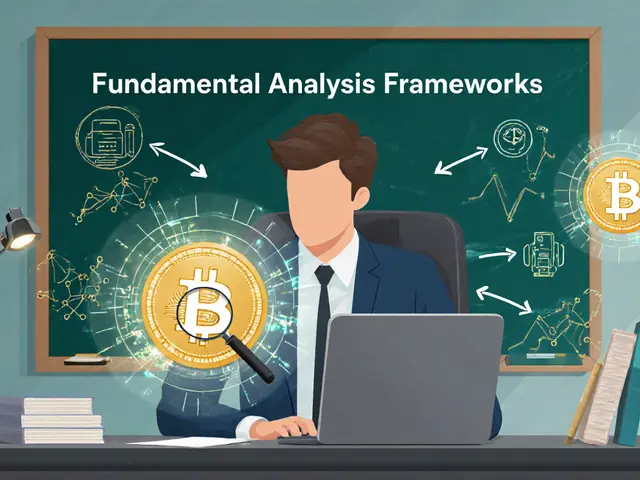
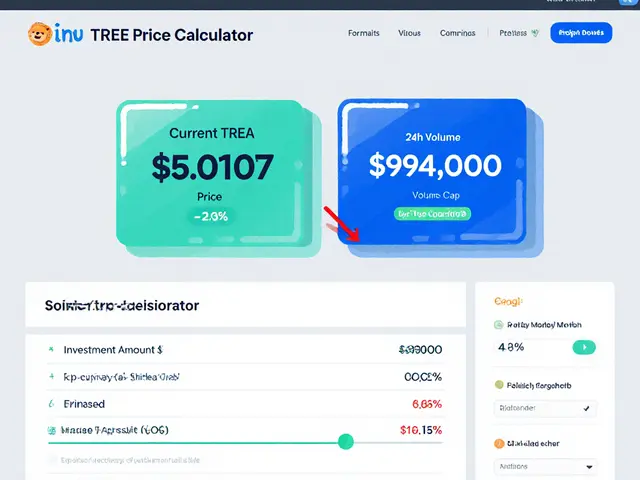
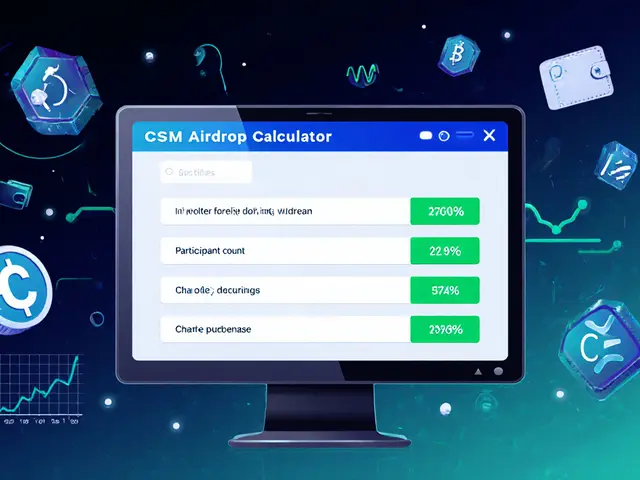
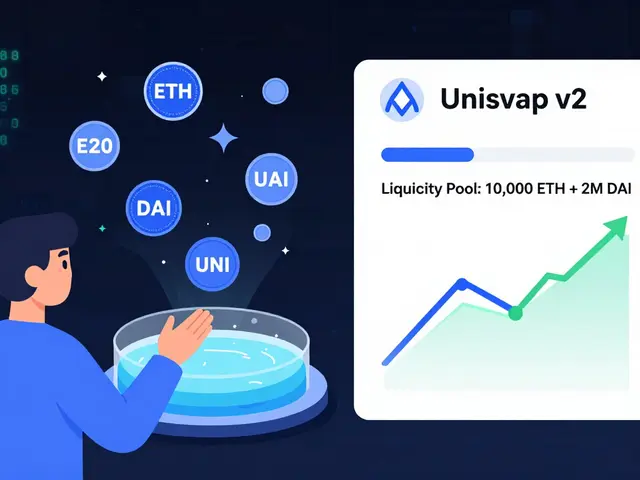
Marie-Pier Horth
October 3, 2025 AT 17:40Oh, the tragedy of modern finance-here we stand, dazzled by the glitter of zero‑KYC promises, yet blind to the abyss that yawns beneath. SuperEx is a siren, singing sweet lullabies of freedom while the rocks of regulatory neglect loom. In this grand theater of decentralisation, one must ask: does the audience truly understand the script? The drama unfolds with every self‑custody wallet, a token of rebellion that may yet become a chain of shackles.
Gregg Woodhouse
October 4, 2025 AT 09:20look man the fees r low but the platform feels half baked. i mean zero kyc sounds cool until you realize they might just vanish with ur coins. also the UI lags like a dial‑up connection. not impressed.
F Yong
October 5, 2025 AT 00:59Ah, the regulatory black‑hole-where the shadows whisper that SuperEx is a playground for the elite conspirators. One might jest that the lack of a licence is a badge of honour for those who distrust every government. Yet, sarcasm aside, the risk of assets disappearing into the ether is very real, especially when oversight is merely an afterthought.
Sara Jane Breault
October 5, 2025 AT 16:39For anyone stepping into this, start small. Test the Super Wallet with a tiny amount, confirm withdrawals, and keep your seed phrase offline. That way you keep control without exposing yourself to big losses if the platform hiccups.
Krystine Kruchten
October 6, 2025 AT 08:19Zero‑KYC is a double‑edged sword – it lowers the entry barrier, which is great for newcomers, but it also means less protection against illicit activity. If you’re comfortable with that trade‑off, SuperEx can be a useful tool for experimenting with DeFi. Just remember to back up your seed phrase and keep an eye on any regulatory updates.
Mangal Chauhan
October 6, 2025 AT 23:59Dear fellow enthusiasts, let us embark on a comprehensive exploration of the SuperEx ecosystem. 😊 First, the zero‑KYC onboarding is undeniably attractive for those who prioritise privacy; however, one must remain vigilant regarding anti‑money‑laundering obligations that may surface as transaction volumes increase. The Super Wallet, being a hierarchical deterministic solution, offers commendable security by ensuring private keys remain on the user's device, yet this also entrusts full responsibility to the individual for seed‑phrase management.
From a liquidity standpoint, the hybrid AMM‑order‑book model presents an innovative fusion: the AMM pools guarantee continuous pricing, while the order‑book layer accommodates limit orders, effectively reducing slippage for larger trades. Nonetheless, traders should monitor depth charts during peak periods, as liquidity may thin for less‑popular assets.
Regarding fees, a 0.03 % maker and 0.08 % taker structure situates SuperEx competitively among mid‑tier exchanges, yet it is imperative to factor in network gas costs, especially on congested EVM chains.
On the regulatory front, the absence of a licence from any top‑tier authority imposes a heightened risk profile. While this grants operational flexibility, it simultaneously diminishes legal recourse in the event of insolvency or regulatory clampdown.
In conclusion, SuperEx serves as an exemplary sandbox for technically adept users seeking autonomy and low‑cost trading. It is advisable to allocate only a modest portion of one's portfolio to this platform, maintain rigorous seed‑phrase backups, and establish an exit strategy involving a regulated exchange for larger holdings. 🌟
Iva Djukić
October 7, 2025 AT 15:38From an architectural perspective, SuperEx epitomises a convergence of decentralized finance primitives and traditional exchange mechanics, thereby engendering a hybridised market infrastructure that warrants rigorous academic scrutiny. The integration of an AMM layer alongside a conventional limit‑order book engenders a continuous liquidity provision mechanism whilst preserving price discovery fidelity, a duality seldom observed in contemporaneous platforms.
The Super Wallet's implementation of hierarchical deterministic (HD) key derivation not only aligns with BIP‑32 standards but also facilitates multi‑chain interoperability across EVM ecosystems, thereby mitigating cross‑chain friction. However, this paradigm introduces a non‑trivial custodial risk profile, as the on‑device storage model predicates security upon the end‑user's operational hygiene, inclusive of seed‑phrase safeguarding and device integrity.
In terms of fee economics, the tiered maker‑taker schema of 0.03 %/0.08 % is competitive relative to peer exchanges such as KuCoin, yet the aggregate cost calculus must incorporate prevailing gas premiums on congested networks, potentially attenuating the net advantage for high‑frequency trading strategies.
Regulatory lacunae remain the paramount vector of systemic risk. The absence of licensing from fiduciary regulators such as the FCA or SEC precludes the applicability of standard investor protection frameworks, rendering the platform susceptible to abrupt cessation of services or jurisdictional enforcement actions, which could precipitate asset illiquidity.
Consequently, while SuperEx presents a compelling suite of DeFi‑centric functionalities, prudent capital allocation dictates a bifurcated approach: employing the platform for exploratory or low‑stakes exposure whilst relegating substantial asset reserves to regulated custodial entities that afford statutory safeguards.
carol williams
October 8, 2025 AT 07:18Let me set the record straight-SuperEx's promise of decentralisation is not a myth, but it's also not a free pass to ignore the glaring regulatory vacuum. The platform's DAO governance is innovative, yet it lacks the fiduciary oversight that protects users from potential malfeasance. In practice, you should treat SuperEx as an experimental sandbox rather than a primary vault for considerable holdings.
Maggie Ruland
October 8, 2025 AT 22:58Yeah, zero‑KYC sounds cool until you realize you’re basically shouting your wallet address into the void.
jit salcedo
October 9, 2025 AT 14:37SuperEx paints itself as a libertarian haven, yet the very architecture it touts-self‑custody coupled with a lack of oversight-could be the perfect breeding ground for hidden machinations. The AMM‑order‑book hybrid is clever, but cleverness does not equate to safety. If you're not prepared to lose what you can't legally reclaim, tread lightly.
Joyce Welu Johnson
October 10, 2025 AT 06:17For anyone feeling uneasy, start with a modest test deposit, confirm you can move funds out, and keep your seed phrase stored offline. That simple routine can save you from a lot of heartache later.
Narender Kumar
October 10, 2025 AT 21:57In the grand opera of crypto exchanges, SuperEx assumes the role of the rebellious understudy-promising freedom yet lacking the stage‑craft of regulatory compliance. It may charm the avant‑garde, but seasoned investors should not be swayed by the romance alone.
Lisa Strauss
October 11, 2025 AT 13:36Hey team! If you love low fees and self‑custody, give SuperEx a spin, but remember to keep only what you can afford to experiment with. The community thrives when we share best practices and keep each other safe!
Latoya Jackman
October 12, 2025 AT 05:16It’s wise to keep a small portion of your portfolio on platforms like SuperEx for testing new strategies, while maintaining the bulk in regulated, insured accounts.
Rachel Kasdin
October 12, 2025 AT 20:56i think superex is great for american crypto patriots who dont need no foreign regs controlling our freedom of trade.
Sabrina Qureshi
October 13, 2025 AT 12:36Wow!!! SuperEx really does bring a whole new level of excitement!!! The zero‑KYC feature is exhilarating, but you must stay vigilant!!! Remember, the lack of regulation means you’re on your own!!!
Deepak Chauhan
October 14, 2025 AT 04:15Esteemed peers, the confluence of AMM liquidity and order‑book precision within SuperEx merits both admiration and caution. 🌐 While the platform’s self‑custody ethos aligns with sovereign financial ideals, the absence of any recognized licensing authority introduces a palpable systemic risk, one that could be exacerbated by geopolitical pressures. In essence, the architecture is sophisticated, yet the governance vacuum demands rigorous personal risk assessment. 📈
Aman Wasade
October 14, 2025 AT 19:55Sure, the no‑KYC allure is tempting, but remember that freedom without responsibility can quickly turn into chaos. Use it wisely.
Ron Hunsberger
October 15, 2025 AT 11:35For those new to hybrid exchanges, consider diversifying: keep a modest amount on SuperEx for exploring its low‑fee features, but allocate the majority of your assets to a regulated exchange that offers deposit insurance and robust customer support.
Thiago Rafael
October 16, 2025 AT 03:14SuperEx is undeniably innovative, yet it is imperative to acknowledge that its lack of regulatory oversight could expose users to irrecoverable losses; consequently, it should be utilised strictly for experimental trading, not as a core repository for significant capital.